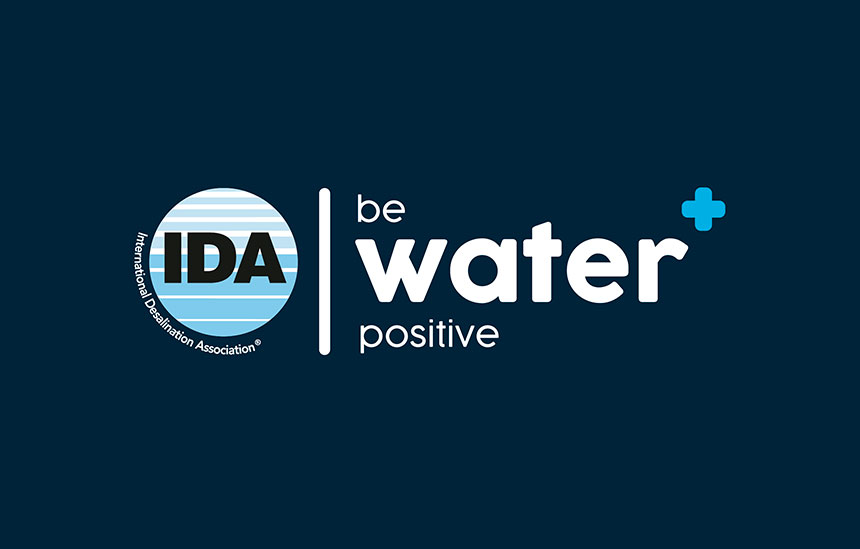By Ms. Shannon McCarthy, Mr. Alejandro Sturniolo, and Mr. Matt Armstrong
We are living in a transformative time. The significance of being environmentally united is finally internationally recognized, and the commercial and economic advantage of being environmentally friendly is gaining traction within the business community.
Major global corporations are making meaningful and considerable efforts to invest in the recovery of the ecological flow of our natural bodies of water by becoming Water Positive, a term used to describe an industry or corporation that makes more water available than it uses. Google, Facebook, Microsoft, PepsiCo, Gap, Dupont, Heineken, and British Petroleum, are among the internationally recognized companies leading the way worldwide to return more water to nature than they consume. Their actions are commendable, considering that the Water Positive initiative does not support extracting water from natural resources.
Being Water Positive is about creating a system of sustainability, and sustainability is balancing the activity cohesively and collaboratively with the resource and the environment. Fortunately, increasingly global companies are seeing the economic and environmental advantages of adopting these environmental, social, and governance (ESG) philosophies. ESG criteria are fast becoming a fundamental pillar of corporate strategy.
The impact of the water crisis is no longer only affecting individuals in disadvantaged communities. The imminent threat to the business economy is becoming increasingly real. We see this in industries like chemical manufacturing and mining, where commodities play a fundamental role in the world economy, and most notably in food and beverage production, where increasing investment competition for water rights has adverse effects in areas of the world suffering from food crises.
To avoid depleting the planet’s limited supply of fresh water, companies must look beyond their operations and supply chains and fully grasp the environmental philosophies that will create a sustainable future for their business and the world. The commitment to be Water Positive is not a matter of individual reputation but rather a planned phase of the operation that will help companies achieve long-term objectives of aligning themselves with the United Nations Sustainability Goals.
A straightforward way business can return pure water to nature is to purify non-potable water through seawater desalination and municipal or industrial wastewater purification. These non-conventional but well-vetted sources can generate a reliable and high-quality water supply and are now recognized by the United Nations to offset water scarcity. The International Desalination and Reuse Association (IDRA) has been active since 1973, is present in more than 60 countries, and is allied with 15 affiliated associations.
The IDRA advocates that the public and private sectors commit to a sustainable Water Positive lifestyle and reward positive performance with carbon footprint credits that allow a business or nation to release a defined amount of carbon dioxide or other greenhouse gas. With the overall objective of becoming carbon neutral, any CO2 released into the atmosphere from human activity must be balanced by an equivalent amount being removed. Becoming carbon-negative requires a company, sector, or country to remove more CO2 from the atmosphere than it emits.
As demonstrated with carbon credit trading, we can now grow the economy, create jobs, and develop exports while simultaneously recharging our natural water sources. It is no longer enough to Reduce, Reuse and Recycle; to achieve a Water Positive balance, we need to recover and return more water than we use in our production processes. Thanks to technological advances in water purification solutions and alternative energies, non-conventional water sources are now positioned as the best option to supply natural water resources, delivering high purity water.
And because of these advancing technologies, and because we live in such a transformative time, we must now consider adding a fourth “R” to our environmentally sustainable acronym – Recharge. Since the days of the industrial revolution, we have sacrificed nature to meet the demands of development as a society.
Today it is time to reverse this default behavior and use technological advances to work in favor of the environment. Unlike the effort to moderate carbon emissions, purifying water from non-potable water is relatively inexpensive, and the technology is here.
The philosophy of attaining a Water Positive lifestyle through non-conventional water sources is sustainable and predictable. It will work without damaging the environment or limiting the production of manufacturing operations allowing us to set aside any conflicts that develop due to confrontations concerning available water. History demonstrates that no good ever comes from these discords, and a Water Positive existence will help relieve the daily challenges that 2.6 billion people suffer from water stress. This number will increase to 3.9 billion, half the world’s population, by 2050 if we do not act swiftly and urgently. Collateral impacts of not acting in an imperative manner will also impact the world’s food supply and limit our capacity to provide food to the 7.8 billion people in the world today and the 10 billion projected by the year 2050.
The urgency to act is upon us. The technology is tested and accessible. Our uncertainties and insecurities with innovative and revolutionary approaches to solving problems are the only things preventing us from moving this initiative forward. For the good of the people and the planet, we must set aside this archaic mentality and start paving a path to a brighter future today. Be Water Positive today!

